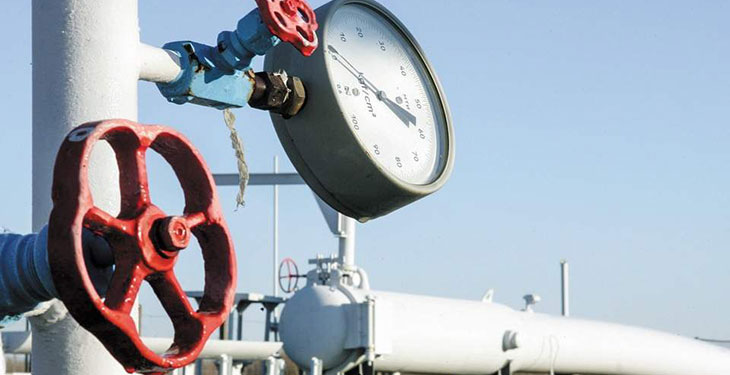On December 10, following negotiations between the European Commission, the European Parliament and the EU Council, a decision was made to exclude gas from Just Transition Fund – a funding designed to help also six Romanian counties make the right transition from polluting to renewable energy industries, Greenpeace announces.
Another novelty is that states will only be able to access half of the total funds allocated if they do not show that they are able to achieve climate neutrality by 2050.
Greenpeace, along with other environmental organizations in Europe, has called for the exclusion of this fossil fuel so that the €17.5 billion offered by the EU is not diverted to outdated technologies, but used to its full potential for long-term solutions, with a positive impact on people’s lives.
The six counties that can access this fund – Gorj, Hunedoara, Dolj, Mureș, Prahova and Galați – can use the 4.4 billion euros allocated to Romania to finance projects in accordance with a sustainable and climate-neutral Europe until in 2050. Plans must be aligned with EU climate change goals and the development of green, post-fossil fuel economies. The stake is for the funds to ensure a sustainable and equitable future for the communities in the affected regions.
“The signal from the European institutions is very clear. Gas cannot be a solution for the energy transition and for achieving climate goals, both for Romania and for Europe. Six counties in Romania now have a real chance to go through a transition process that will put the well-being of people and nature first. The news comes at an extremely important moment for the Romanian authorities, who are now obliged to change the switch from gas to green energy,” says Vlad Cătună, coordinator of the Climate and Energy campaigns.
Only certain areas will be funded, including: research and innovation activities focused on stimulating the transfer of advanced technologies; implementation of technology and infrastructure for green and accessible energy, for the reduction of greenhouse gas emissions, for energy efficiency and for renewable energy; digitalization and digital connection; regeneration and decontamination of sites, land reclamation; circular economy that includes waste prevention, consumption reduction, resource efficiency – the application of the principle reuses, repairs, recycles.
In addition, the funds can also be used to improve the vocational training and retraining of workers for the labor market, for SMEs and technical assistance.
